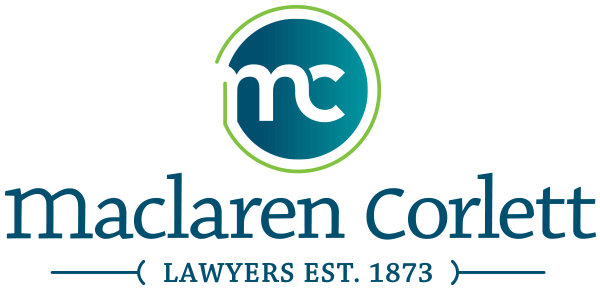Advertising: Can they really say that?! Advertising self-regulation in Canada – Part 1
Many people may wonder as they watch commercials on TV or read the incessant stream of banner ads or pop ups on their digital devices, if anyone is checking on some of the claims being made, or even how to complain about tactics or approaches that they may find offensive.
What many may not know is that the Canadian Code of Advertising Standards (the “Code”) sets out the criteria for acceptable advertising in Canada. The Code is administered by Advertising Standards Canada (ASC) which is the self-regulatory body for Canadian advertisers. The Code is divided into 14 provisions, covers a variety of areas, and mirrors many of the statutory requirements respecting advertising that are contained in various Federal and Provincial laws. It applies to almost all advertising, with the exception of political and election advertising, but excludes foreign media (unless it is carrying an advertisement for a Canadian entity) and product packaging.
The Code has also been supplemented from time to time with Interpretation Guidelines dealing with Gender Portrayal, Motor Vehicle Advertising, Environmental Claims, the use of Humour and Fantasy, Advertising to Children, and Testimonials/Endorsements.
The 14 provisions cover:
- Accuracy and Clarity
- Disguised Advertising Techniques
- Price Claims
- Bait and Switch
- Guarantees
- Comparative Advertising
- Testimonials
- Professional or Scientific Claims
- Imitation
- Safety
- Superstition and Fears
- Advertising to Children
- Advertising to Minors
- Unacceptable Depictions and Portrayals
The Code is rarely updated, however some recent amendments were made, effective October 1st, 2016. One amendment of particular note is that the provisions under Section 1(e) have been amended to require an advertiser (on request) to provide the evidence supporting a claim they are making. It remains to be seen if this is going to be the basis for future controversy, or even litigation. The Clearance Division (which I will discuss in a subsequent blog) can require attestation with regard to claim support. This, in my view, is appropriate. However, a requirement to produce evidence which may be proprietary, particularly when ASC may not have the internal expertise to analyze it (if it is technical or clinical research) is of concern and the advertiser may not want an external expert to review it. In addition, production of this information may be compelled by other authorities, such as courts or the Competition Bureau and therefore ASC may not be able to protect it from becoming public.
It is always prudent to have an experienced marketing and advertising lawyer review your campaigns as they are developed to ensure compliance with the Code, as well as other Statutory requirements.



